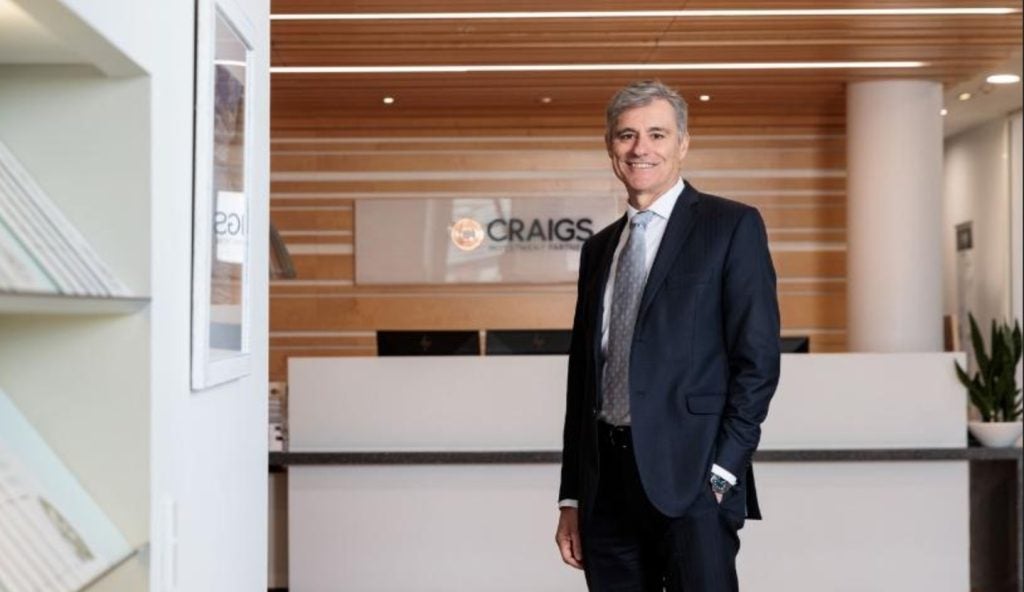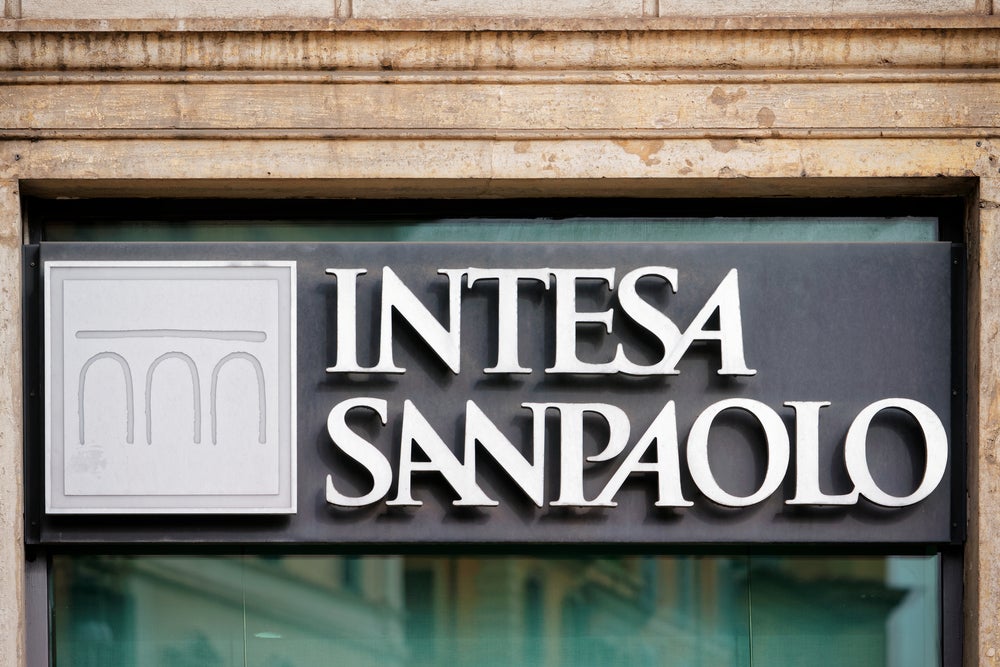Britain is set to be the fastest growing economy in continental Europe buoyed by central bank support, credit availability and rising property prices, according to UBS.
The Swiss bank expects UK real economic growth of 2.5% this year, up from 1.9% last year.
How well do you really know your competitors?
Access the most comprehensive Company Profiles on the market, powered by GlobalData. Save hours of research. Gain competitive edge.

Thank you!
Your download email will arrive shortly
Not ready to buy yet? Download a free sample
We are confident about the unique quality of our Company Profiles. However, we want you to make the most beneficial decision for your business, so we offer a free sample that you can download by submitting the below form
By GlobalData"Clearly this is one of the strongest experience of G7 economies," said Bill O’Neill, economist at UBS.
O’Neill said sterling is not overvalued and will continue to strengthen due to strong domestic demand and monetary tightening. However, the currency appreciation would hurt exports and drag gross domestic product growth down by 0.5 percentage points this year.
Given that much of the UK economy is driven by domestic demand, UBS is recommending investment allocation in the FTSE 250 index as it is most exposed to local consumption.
"The FTSE 250 has already outperformed the mid-cap space by about 15% last year," said Caroline Winckles, analyst at UBS. "Valuations relative to the FTSE 100 are at 20% premiums but that is partly because the FTSE 100 is trading below its long term averages due to sector composition such as materials and energy."
Against the backdrop of prospective earnings upgrades driven by significant economic upgrades, UBS do not consider the FTSE 250 which is at about 10% higher than its long run average to be expensive.
Despite earnings growth to bolster UK shares this year, UBS is maintaining an underweight position as the domestic market is more defensively positioned against global equities amid a burgeoning market.
"In a rising equity market, while we do see upside in the UK market, we are seeing more upsides in more cyclical markets such as the eurozone or the US," said Winckles.
For commercial properties, UK direct real estate is projected to generate strong returns underpinned by robust economic growth and continued undersupply.
"Capital values are about 36% below the peak in 2007 but they have already recovered 14% from the trove in 2009 so we think the 8-10% return is driven by a combination of capital growth and income," said Winckles.
Another trend in the property market this year is the narrowing of prime core and periphery yields as investors start to increase their risk appetite.
"Central London, West End and City offices are already up between 40-60% so those yields are much lower than elsewhere," said Winckles. "But that is changing now. We are going to get a convergence of those yields as people goes up the risk curve to look for more yields."
Similarly, UBS is forecasting an 8% rise in residential property prices by the third quarter of this year underpinned by improved mortgage availability, including the Help to Buy scheme for first-time buyers. In addition, regional residential property sales are expected to pick up with reasonable affordability as national prices are still well below their peak.








